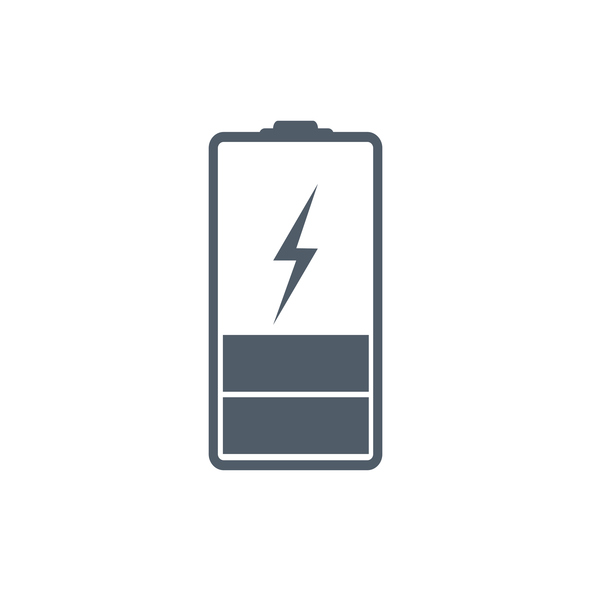 Water-based rechargeable batteries could be one step closer to commercial viability, thanks to research from Empa. According to a new report, a team of researchers has successfully doubled the electrochemical stability of water with a special saline solution.
Water-based rechargeable batteries could be one step closer to commercial viability, thanks to research from Empa. According to a new report, a team of researchers has successfully doubled the electrochemical stability of water with a special saline solution.
Energy storage is the backbone of many technological innovations. As researchers explore new ways to develop low-cost, safe batteries, the research team from Empa is looking to water to function as a battery electrolyte.
While a water-electrolyte offers many potential benefits such as low cost and high availability, it does have at least one major drawback: low chemical stability. At a voltage of 1.23 volts, a water cell supplies three times less voltage than a typical lithium-ion cell. While water-based batteries may not see an application in such technologies as electric vehicles, the team of researchers at Empa believe they could be utilized for stationary electricity storage applications.
But in order to make this battery efficient, the research team first tackled some major technological barriers.
This from Swiss Federal Laboratories for Materials Science and Technology:
Ruben-Simon Kühnel and David Reber, researchers in Empa’s Materials for Energy Conversion department, have now discovered a way to solve the problem: The salt containing electrolyte has to be liquid, but at the same time it has to be so highly concentrated that it does not contain any “excess” water.
For their experiments, the two researchers used the special salt sodium FSI (precise name: sodium bis(fluorosulfonyl)imide). This salt is extremely soluble in water: seven grams of sodium FSI and one gram of water produce a clear saline solution (see video clip). In this liquid, all water molecules are grouped around the positively charged sodium cations in a hydrate shell. Hardly any unbound water molecules are present.
Through these experiments, the researchers recorded a saline solution that displays an electrochemical stability of up to 2.6 volts – nearly double the voltage of other aqueous electrolytes.


